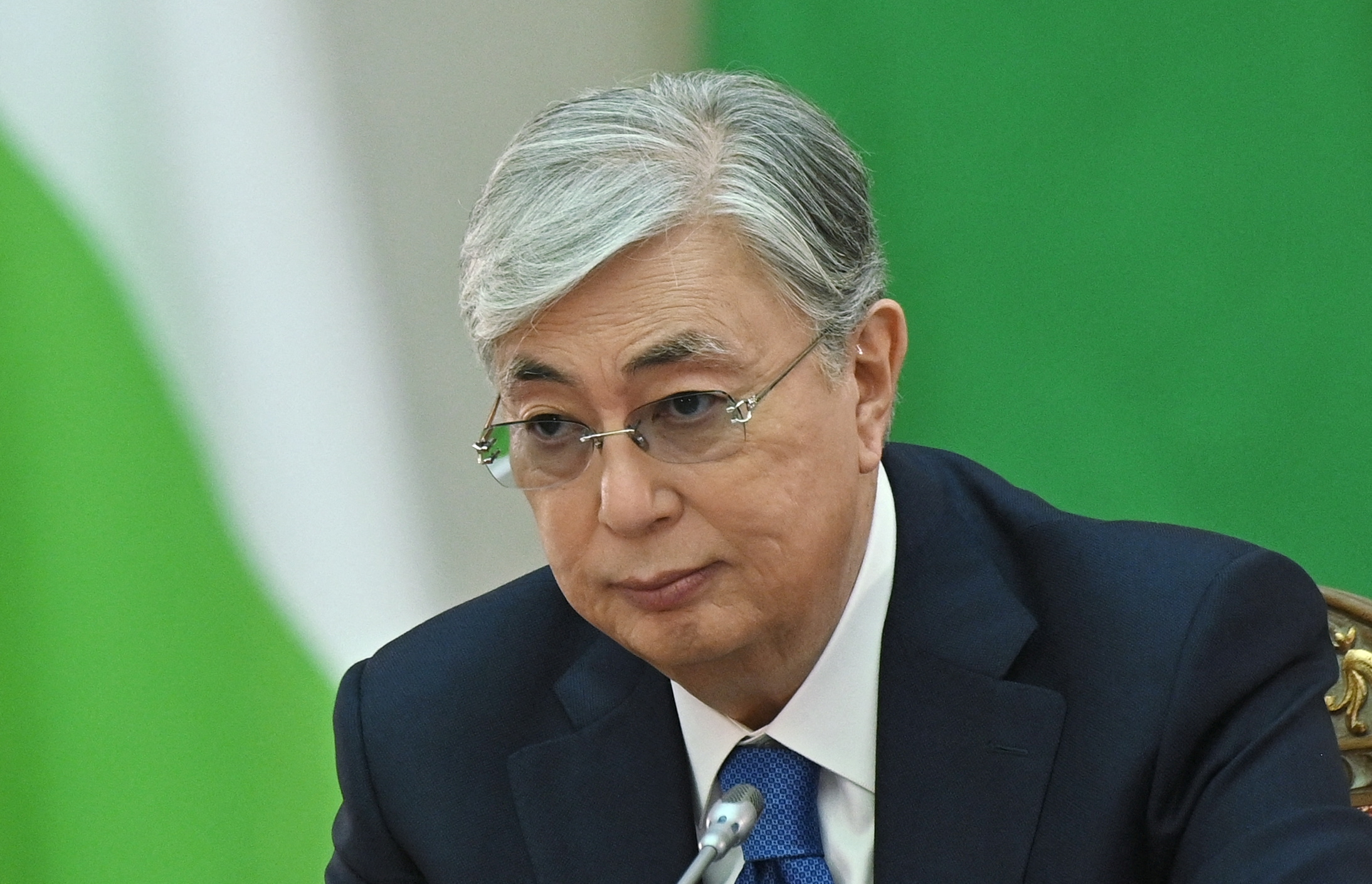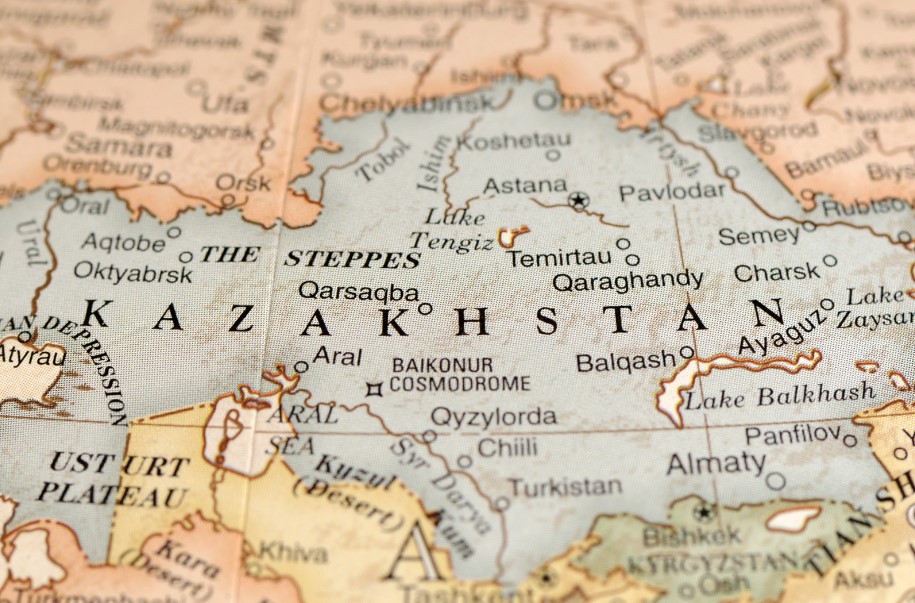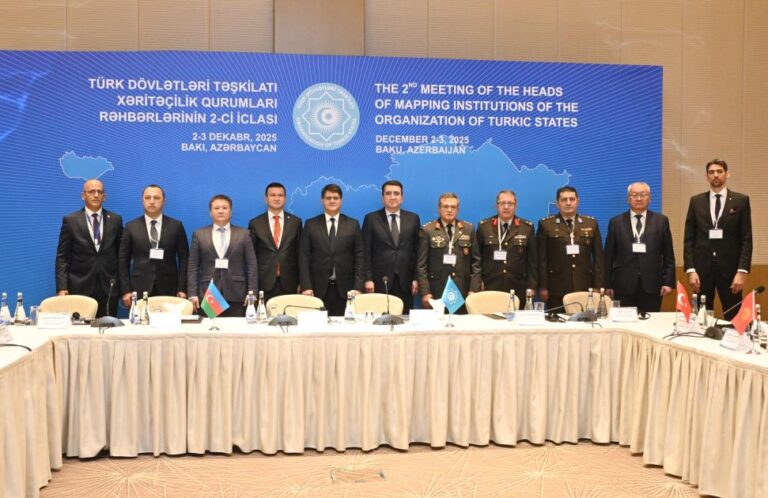The case of five Bulgarian citizens accused of espionage for Russian intelligence services is being heard at the Central Criminal Court, Old Bailey, in London. Among the six operations linked to the accused, at least two relate to Kazakhstan, according to Timesca.
One of the targets of the espionage operation was Bergey Ryskaliyev, former Akim (governor) of the oil-rich Atyrau region. The accused attempted to infiltrate his London residence, dressing as delivery drivers or using a fake ambulance. Ryskaliyev and his brother Amanjan, a former member of the Majilis (parliament), have been wanted in Kazakhstan for over ten years on charges of corruption, organized crime, and money laundering.
The pursuit of the Ryskaliyev brothers is linked to their alleged involvement in the 2011 Zhanaozen uprising, which, according to the prosecutor’s office, was intended to result in the resignation of Nursultan Nazarbayev. However, the brothers have been hiding for years, claiming through their lawyers that they were not involved in these events.
The second operation by the spies targeted the current president of Kazakhstan, Kassym-Jomart Tokayev. Prosecutors claim that the accused planned to stage a fake protest outside the Kazakh embassy in London in order to pass information about the alleged organizers to the authorities in Kazakhstan. The creation of compromising materials, including fake pornographic videos involving Tokayev’s son or luring him into a trap, was also discussed.

According to the investigation, these actions were part of a plan to put pressure on Kazakhstan. For example, one target could have been the extradition to Russia of Major Mikhail Zhilin, a former officer of the Federal Protection Service, who fled to Kazakhstan to avoid mobilization. Despite the lack of direct evidence, the prosecution believes the FSB coordinated these operations.
The London trial sheds light on the methods of Russian intelligence, raising questions about possible other covert operations aimed at Kazakhstan.





















